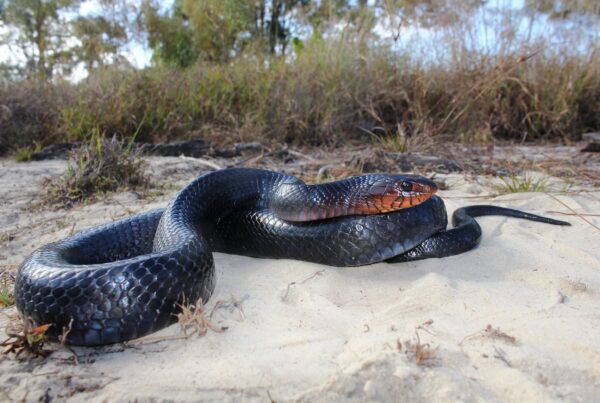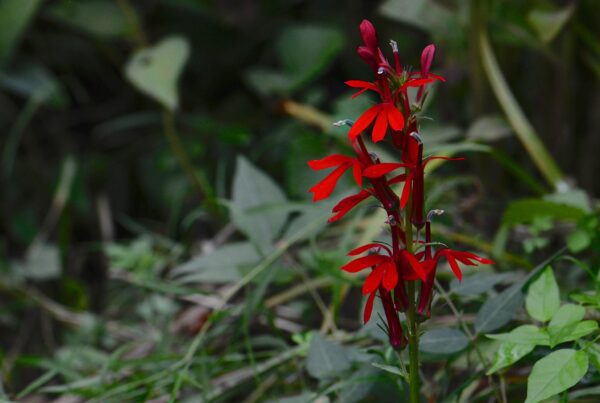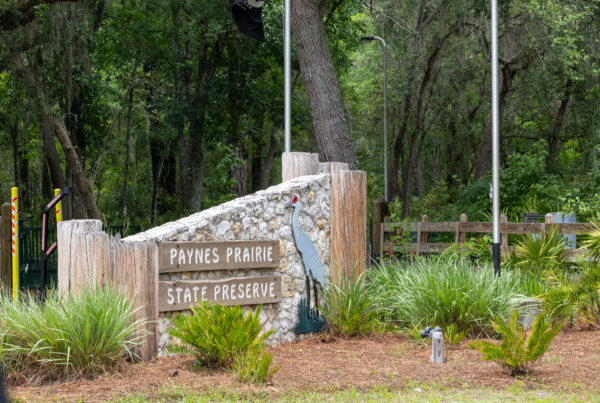by Casey Darling Kniffin, Conservation Policy Director

June is National Ocean Month, but I celebrated a bit early, returning to my ocean roots with an enthusiastic team of students and scientists. I joined friend and shark conservationist Dr. David Shiffman (aka @whysharksmatter) for a day of his Nova Southeastern University graduate course on shark field research skills with the aptly named Field School in beautiful Biscayne Bay. Fieldwork can often be grueling, but with this crew it felt more refreshing than rigorous despite nonstop action on our lines, landing 11 sharks!

We set out into Biscayne Bay with clear skies and a cool breeze, the perfect Florida spring day over the turquoise water of the Bay. Biscayne Bay has faced numerous health threats in the past decades, but there was no evidence of fish kills, algae blooms, or hypersaline water to tarnish the outing.
Along with Dr. Shiffman, the crew of Field School, a non-profit dedicated to providing an inclusive and supportive fieldwork environment, taught the ten graduate students shark research and tagging protocol and divided them into groups to rotate through each hands-on data collection step.
Soon, we were at our field site, and the students eagerly stepped into their roles—they baited hooks, set long lines, and before we knew it, we landed the first of many sharks.

Students took measurements, collected a tissue sample, took a fin clip, and inserted a tag to help study shark populations in Biscayne Bay. The crew and students worked meticulously to ensure that the data collection and tagging process was efficient, keeping the shark’s health at the forefront.
I was impressed by how rapidly these students, none of whom knew each other before our cruise, worked together to contribute to the shark research being conducted. This skill will benefit them whether their future career is on a research vessel, in a lab, or behind a desk.

Most of all, the students deeply appreciated the conservation work that this research will inform, making my job on the cruise effortless and enjoyable. I was there to share career advice with the students, giving them a perspective on future careers they may not otherwise be exposed to during their time in their marine science graduate program. We chatted about balancing life goals with work goals, honing a passion for the natural world without burning out, and how, ideally, good science informs conservation policy. This connection was my favorite to make; seeing that lightbulb go off and the wheels start turning in their heads made my trip.
In total, we landed 11 sharks from three different species— 8 blacknoses, 2 bonnetheads, and 1 black tip. Being back on the water, even for a day, made me remember all the reasons I pursued a degree and career dedicated to protecting land, water, and wildlife.
Although my role there was to offer advice and guidance, I left feeling fulfilled, inspired, and optimistic about the future conservationists that I hope to work alongside again one day.

















